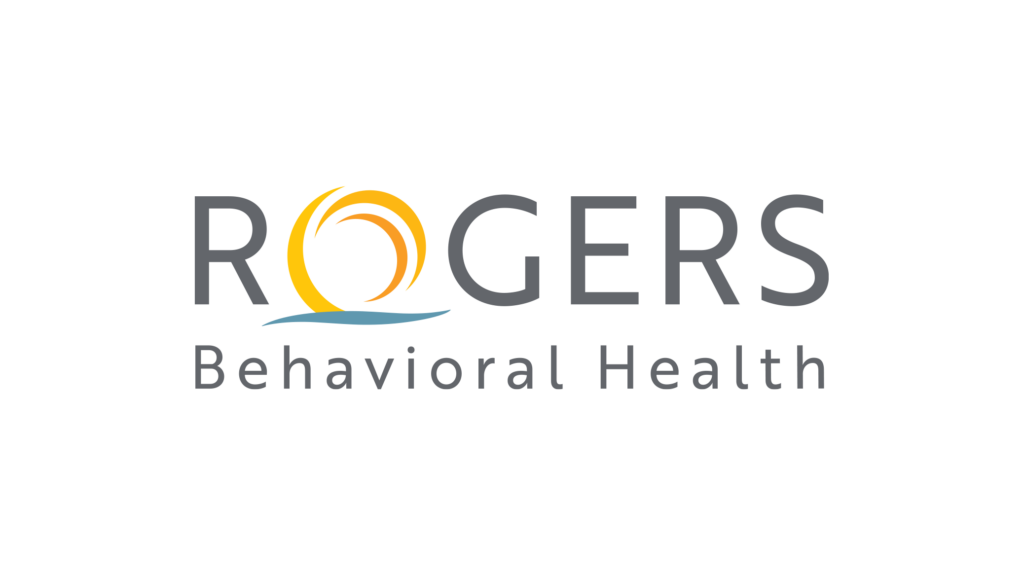Now approaching its first anniversary of providing comprehensive residential programming to adolescent girls, Nashotah has proven to be a valuable service to patients from all across the United States who are ready to make real change. Serving about 50 patients in its opening year, the program helps young women improve their personal safety and quality of life by validating their emotions which may lead to dangerous behaviors and teaching skills to help them express their genuine feelings. While in treatment, the safety risks associated with emotional dyregulation are decreased and preventative measures are used to to help many of the girls who are at risk of developing personality disorders.
“Oftentimes, the families of the girls in Nashotah have a hard time understanding how their daughter can have strong, unexplainable emotions or not act like themselves,” says Erik Ulland, MD, medical director of Nashotah. “Families may think that their child is intentionally trying to be manipulative or controlling, when in reality they are actually feeling these emotions and can even feel ashamed for it.”
The goal of the Nashotah program is to practice dialectical behavior therapy (DBT) the way it was originally designed to assure girls achieve the greatest gains possible. Clinicians were trained by Marsha Linehan’s Behavioral Tech(link is external), and follow all required components of DBT. Girls in Nashotah are self-motivated and have spent an average of 60 days in treatment in Nashotah’s first year. When in programming, they work towards becoming comfortable with expressing genuine vulnerability, instead of expressing less genuine emotions that feel less intense.
There is a considerable focus on mindfulness within the program, which is the core skill of DBT. It is explained as being aware of the current moment in one’s body and senses—observing, and describing events nonjudgmentally. Without mindfulness, one does not have choice. Girls in the program work on their private journeys, but find comfort in knowing that others are working towards similar goals.
The program also emphasizes the importance of active family involvement and that all patients, staff and families follow the therapy guidelines of DBT. Dr. Ulland explains that when adolescent girls seek treatment for emotional dysregulation before becoming young adults, they have a greater likelihood of creating behaviorally healthy lives. “When these young women receive early programming, our treatment in Nashotah can even be preventative—protecting a patient from developing depression or more severe symptoms down the road.”
When leaving the program, many patients self-report significant gains across the board and are able to reduce their symptoms. “It’s been clear that this program doesn’t just help someone’s daughter, it may allow parents to be able to connect with their child in a way that they may not have been able to for a year or more,” says Dr. Ulland.
He also has hopes for Nashotah in the years to come, “In the future, it will be very helpful to collect data on how well these young women have been able to maintain their skills learned in the program. If they and their families have continued practicing mindfulness, I believe that they will be have more successful lives and reach their potentials.”


